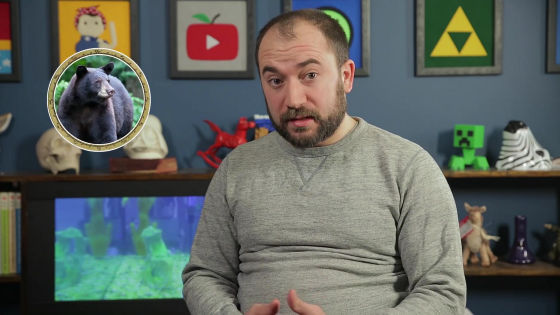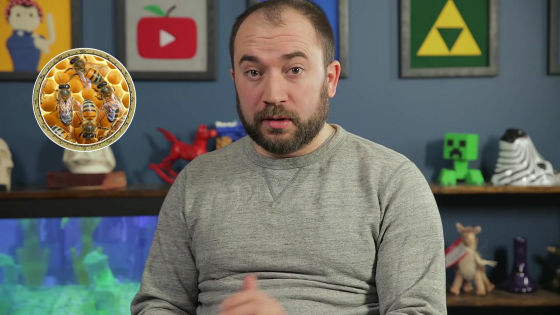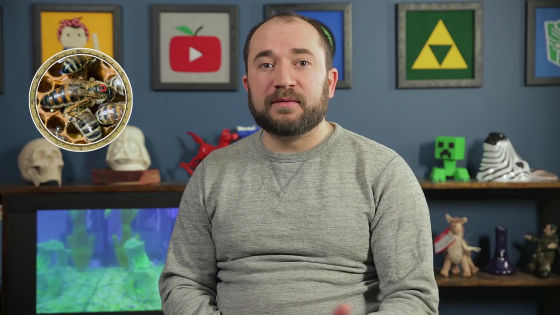Why will a bee die when stinging with a needle?

ByAndy Murray
As the word "bee sting" is, it is often said that bees will die when you stab a person once. Why does the bee die when stabbed?
Why do bees die after they sting you? - Big Questions - (Ep. 41) - YouTube
"Why do you die when the bee stings?" Is a simple question that you know as you do not know.

Craig Benzin says this question is answered. According to Mr. Benzin, it is confined to "bees" that one will stab and die, and furthermore it is limited to female bees. This is because the ovipositor also serves as a pointer pointer to the needle.

Enlarging the bee's needle looks like this. Since it has a jagged "return" like a fish hook, it is easy to penetrate the skin when stabbing people or animals, so it is structured to be caught hard on the skin by caught on the skin even if you try to pull it out.

After stinging the needle, bees cut off the needle and the oviduct that feeds the poison trying to leave the needle. The remaining needle and ovipositing pipe continue poisoning to the enemy like an automatic pump, and the bee who lost part of the needle and organs on the other hand dies soon.

"In the unlikely event that you are stung by a bee, you should immediately pull out the needle and oviducts that stick into the skin, which is bad for your skin," Benzin said.

To tell the truth, a bee stinging and dying is a story limited to human beings. If an animal with skin that is softer than an insect or human skin is a partner, you can pull out the stabbed needle, so you will not lose your life in exchange for a stab.

By the way, in addition to the work of female fighting foreign enemies there are a honeybee and a queen bee in the bee's nest. The male bee exists only for mating, and after the mating, she also loses the genitals and dies.

By the way, there is no return on the needle of the queen bee. That means that you can stab a person over and over again. However, the queen who once made the nest never leaves the spot and the scene using the needle once again seems to be only when inheriting the nest to the new queen bee.

Related Posts:







